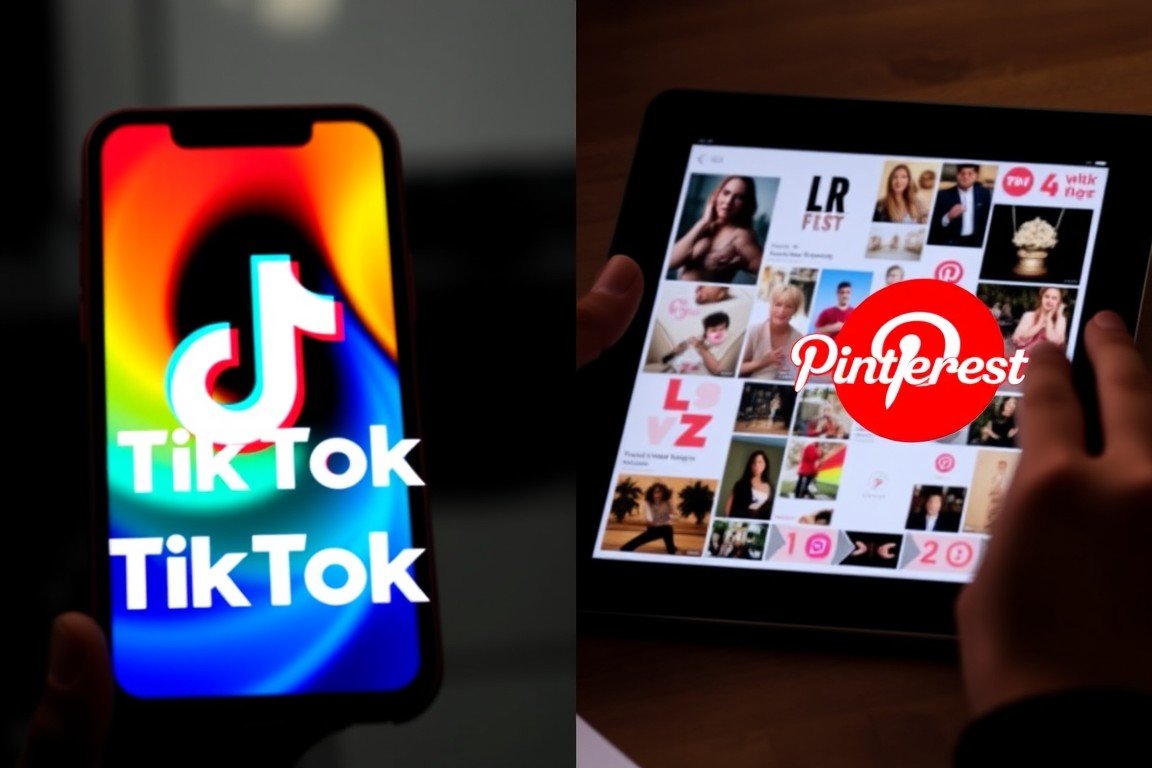When comparing “Blogging vs. Vlogging,” creators are often drawn to understand which platform holds more value for them. Both have unique strengths and cater to varied audiences, but what differentiates them? This article provides an in-depth exploration of the differences, advantages, and opportunities each medium offers. Let’s dive into this comparison of “Blogging vs. Vlogging” and uncover which may best align with your content creation goals.
Introduction to Blogging Vs Vlogging
This section introduces the core concepts of blogging and vlogging, offering readers a clear understanding of each platform’s historical evolution and current influence.

Definition of Blogging
Blogging has been a foundational part of digital content, beginning as online journals and evolving into informative resources and personal brands. Here, we’ll cover:
- Explanation of Blogging: Blogging involves creating written content and sharing it on a digital platform. It often includes text, images, and links to provide valuable insights.
- Historical Context and Evolution: From simple personal entries in the late 1990s to today’s sophisticated blogging platforms, this journey showcases blogging as a powerhouse in digital media.
- Key Characteristics of a Blog: Blogs are often informative, regularly updated, and structured around specific niches or topics.
Definition of Vlogging

Vlogging focuses on video content as its primary medium, bringing information and storytelling to life visually.
- Overview of Vlogging: Vlogging involves creating video logs to share insights, experiences, or tutorials directly with viewers, typically posted on platforms like YouTube.
- Historical Background and Growth: Emerging in the early 2000s, vlogging’s rise was fueled by advancements in technology and platforms that made video content accessible to all.
- Key Attributes of a Vlog: Vlogs are highly engaging, personal, and visually oriented, with a direct connection to audiences through video storytelling.
The Rise of Digital Content

With the internet transforming how people consume information, we’ve seen a shift in preferences from text to video, amplified by social media platforms like Instagram and YouTube.
Medium of Expression: Text vs. Video
This section dives into how text (blogging) and video (vlogging) serve as distinct methods of expression.
Advantages of Blogging

Blogging offers flexibility in language, format, and SEO-friendly structures:
- Writing Flexibility: Bloggers have the freedom to craft diverse styles, from casual lists to detailed how-to guides.
- SEO Benefits: Search engine optimization allows blogs to be discoverable, driving organic traffic over time.
- In-Depth Analysis: Blogs provide a space for detailed explanations and layered insights, making them suitable for complex topics.
Advantages of Vlogging

Vlogging is dynamic and visual, catering to viewers who prefer immediate, visual engagement.
- Visual Engagement: Vlogging taps into storytelling through visuals, making it easier to create memorable content.
- Emotional Expression: Vloggers use body language, facial expressions, and tone to convey emotions that resonate deeply with viewers.
- Interactive Connection: Vlogs foster a more personal connection through comments and real-time interactions, often leading to a loyal fanbase.
Choosing the Right Medium for Your Message

Deciding between blogging and vlogging depends on your target audience, content goals, and message type.
- Audience Preferences: Text content might appeal to readers looking for in-depth information, while video content suits visual learners.
- Content Format: Consider whether your topic is best delivered through written or visual content.
- Multimedia Integration: Both formats can be enhanced with multimedia elements, allowing for a more immersive experience.
Audience Engagement and Growth Strategies
Successful blogging and vlogging require distinct strategies for building an audience and fostering engagement.
Building an Audience Through Blogging

Bloggers often rely on SEO and social media for visibility and use regular posting schedules to keep readers engaged.
- Social Media Promotion: Sharing blog posts on platforms like Facebook, Twitter, and Pinterest can boost traffic and reach.
- Consistency: Posting regularly helps build an audience that returns for fresh content.
- Community Engagement: Comments and discussions allow bloggers to interact with readers and build a community.
Growing a Vlog Audience

Vloggers typically focus on video-specific platforms like YouTube, utilizing algorithms and interactive tools.
- Platform Algorithms: Leveraging YouTube’s algorithm can significantly impact visibility and audience growth.
- Viewer Interaction: Engaging with viewers through comments or live streams strengthens viewer relationships.
- Collaborations: Partnering with other creators can help expand reach and introduce vloggers to new audiences.
Analyzing Audience Preferences
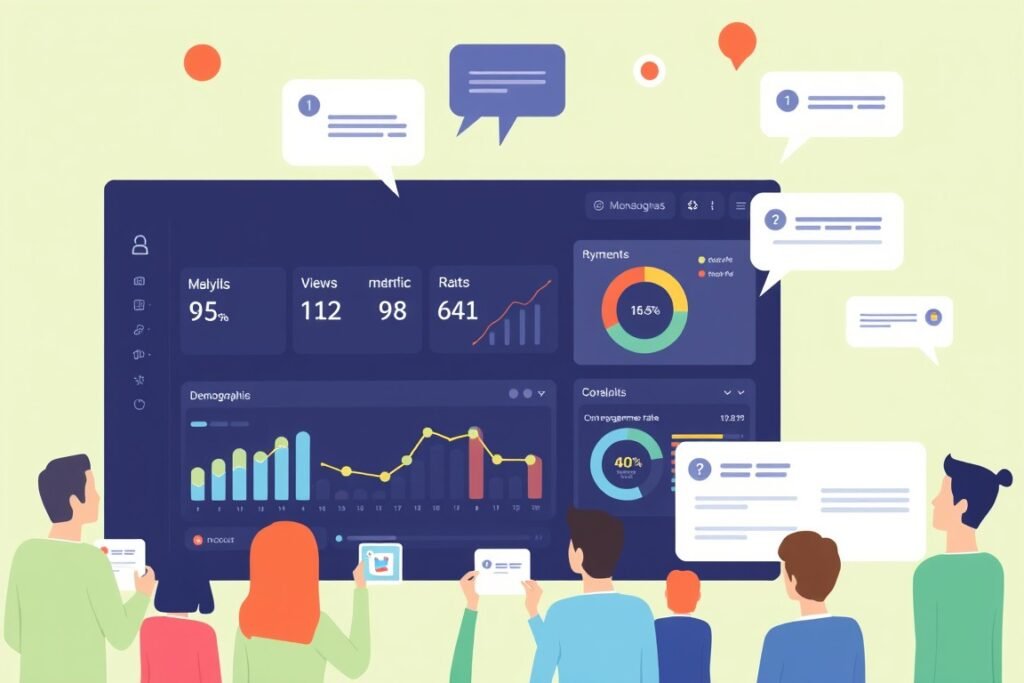
Understanding what resonates with your audience is essential in refining content strategies.
- Feedback Collection: Gather feedback via comments, surveys, or engagement rates.
- Analytics Tools: Use tools to monitor performance, such as Google Analytics for blogs and YouTube Analytics for vlogs.
- Adaptation to Preferences: Adjusting content based on feedback ensures you’re meeting audience expectations.
Monetization Opportunities and Challenges
Both blogging and vlogging offer ways to monetize content, though each medium presents unique challenges.
Monetizing a Blog

Blogs can generate income through ads, affiliate marketing, or selling products.
- Advertising: Display ads and affiliate links allow bloggers to earn through clicks or sales.
- Product Sales: Bloggers can sell digital products, such as eBooks or courses, directly from their sites.
- Subscriptions: Memberships offer exclusive content, providing a recurring revenue stream.
Monetizing a Vlog
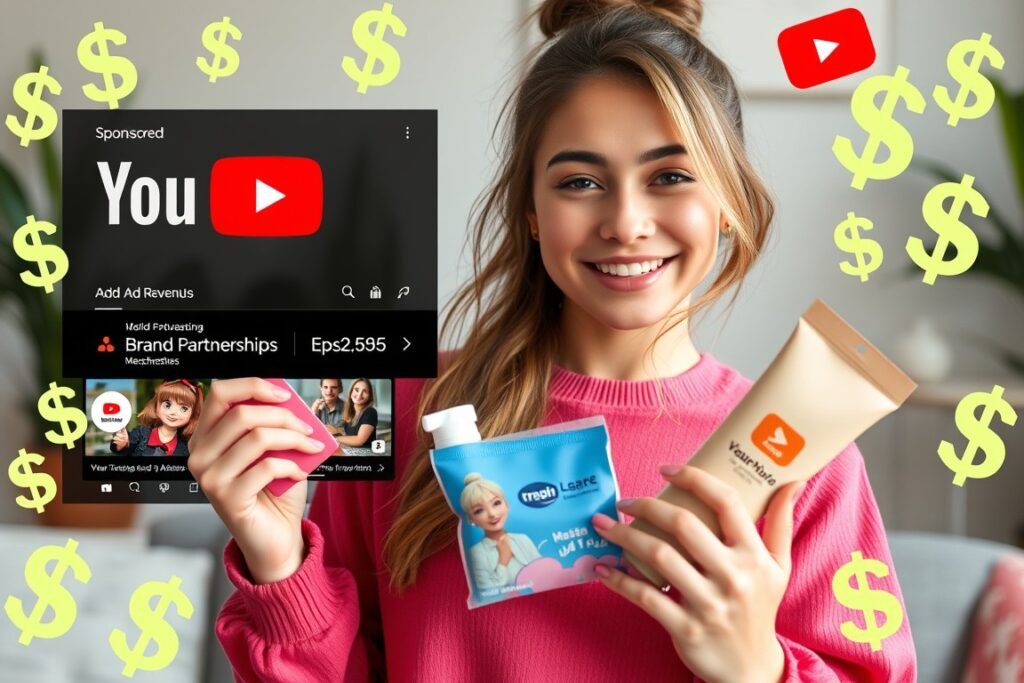
Vloggers often rely on ad revenue, sponsorships, and merchandise sales.
- Ad Revenue: Platforms like YouTube offer ad revenue sharing, allowing vloggers to earn based on views.
- Sponsorships: Brand partnerships are common, with companies paying vloggers to feature products.
- Merchandise: Many vloggers launch branded merchandise to sell directly to their fans.
Comparing Monetization Strategies
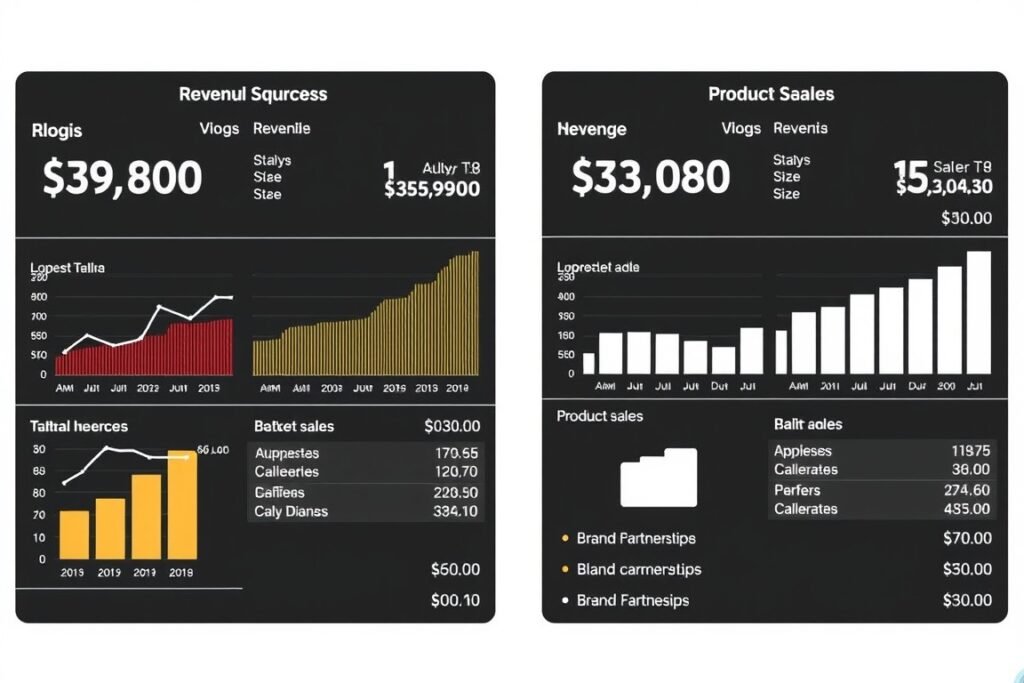
Both mediums have unique monetization potential and challenges, from the immediacy of vlogging revenue to the slow-burn income of blogging.
- Income Potential: Vlogs can monetize quickly with views, while blogs often take time to build ad revenue.
- Monetization Challenges: Both require significant effort to build audiences that attract brands or buyers.
- Niche Considerations: Certain niches may monetize better on one platform than the other.
Skills Required for Successful Blogging and Vlogging
While both blogging and vlogging require dedication, each has distinct skill demands.
Essential Skills for Bloggers

Bloggers benefit from writing, SEO knowledge, and organizational skills.
- Writing and Structuring: Writing engaging, well-structured posts is a must.
- SEO: expertise in search optimization is very crucial to gaining visibility.
- Time Management: Consistency requires planning and time management.
Essential Skills for Vloggers
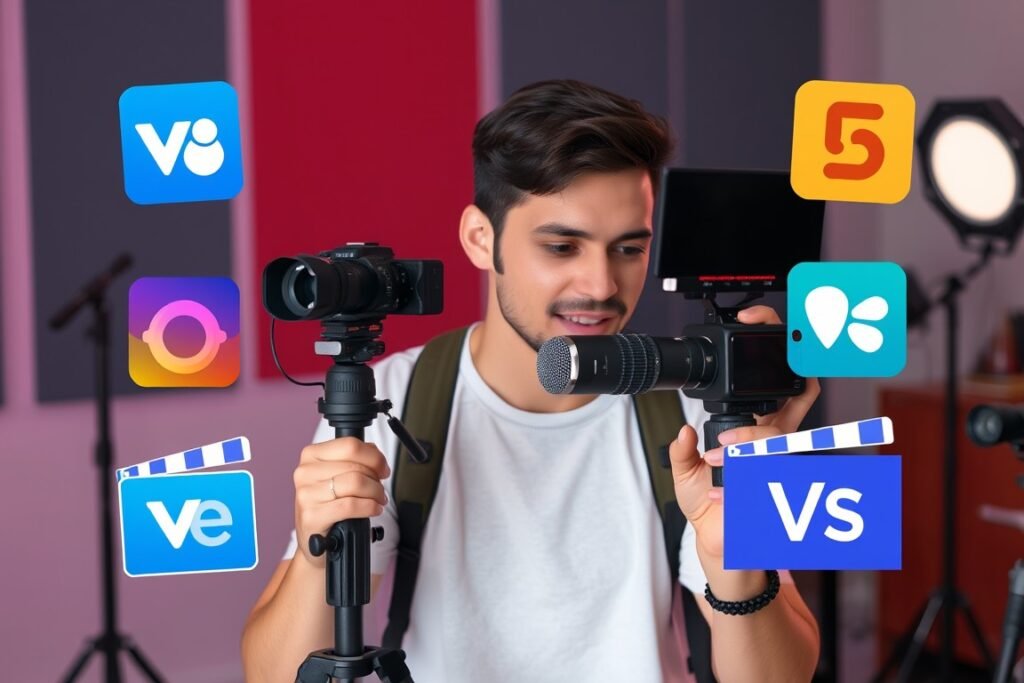
Vlogging requires technical knowledge of video production and strong presentation skills.
- Editing and Production: Video editing and production are essential to creating polished content.
- Communication: Good on-camera presence makes vlogs more engaging.
- Technical Setup: Lighting, sound, and camera settings play an important role in quality.
Transferable Skills Between Blogging and Vlogging

Content creators can apply several skills across both platforms.
- Audience Analysis: Knowing your audience helps to manipulate content effectively.
- Branding: A unique voice or style helps creators stand out.
- Trend Adaptation: Staying current with trends ensures content remains relevant.
Conclusion
In the “Blogging vs. Vlogging” debate, each format holds valuable potential. While blogging allows for deep analysis and SEO gains, vlogging enables direct, personal engagement. By understanding the distinct advantages and challenges of both, creators can make an informed decision tailored to their goals.
FAQs
Q: What is easier: blogging or vlogging?
A: Each has unique demands, with blogging requiring writing skills and vlogging needing video expertise.
Q: Can I do both blogging and vlogging?
A: Yes, many creators successfully use both to reach diverse audiences.
Q: How do I decide which platform to use?
A: Consider your strengths, goals, and audience preferences to determine the right path.
Q: What equipment do I need to start vlogging?
A: Basic vlogging gear includes a camera, microphone, lighting setup, and editing software.
Q: Is it possible to make a living from either blogging or vlogging?
A: Yes, both platforms offer monetization avenues that, with dedication, can generate substantial income.





